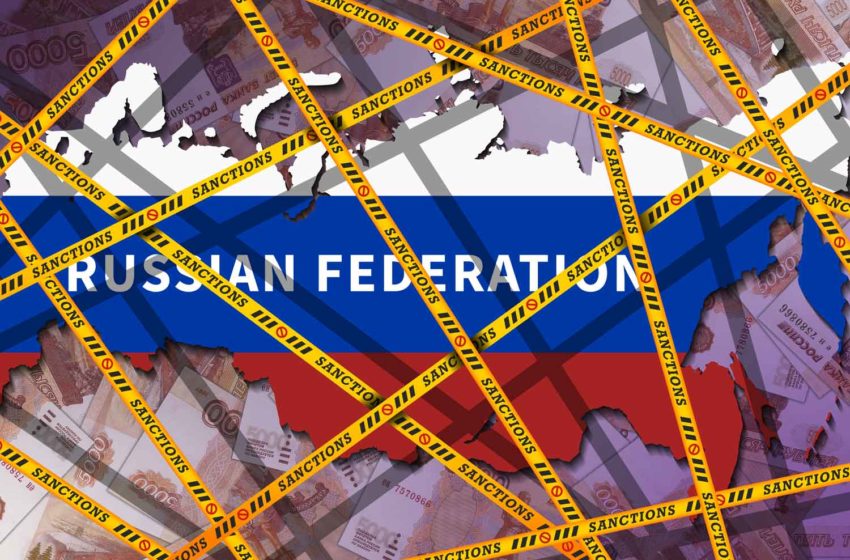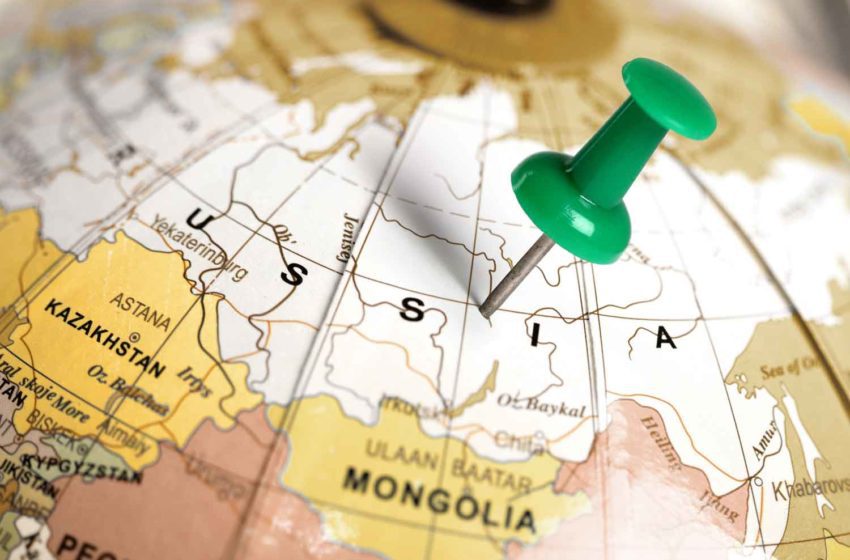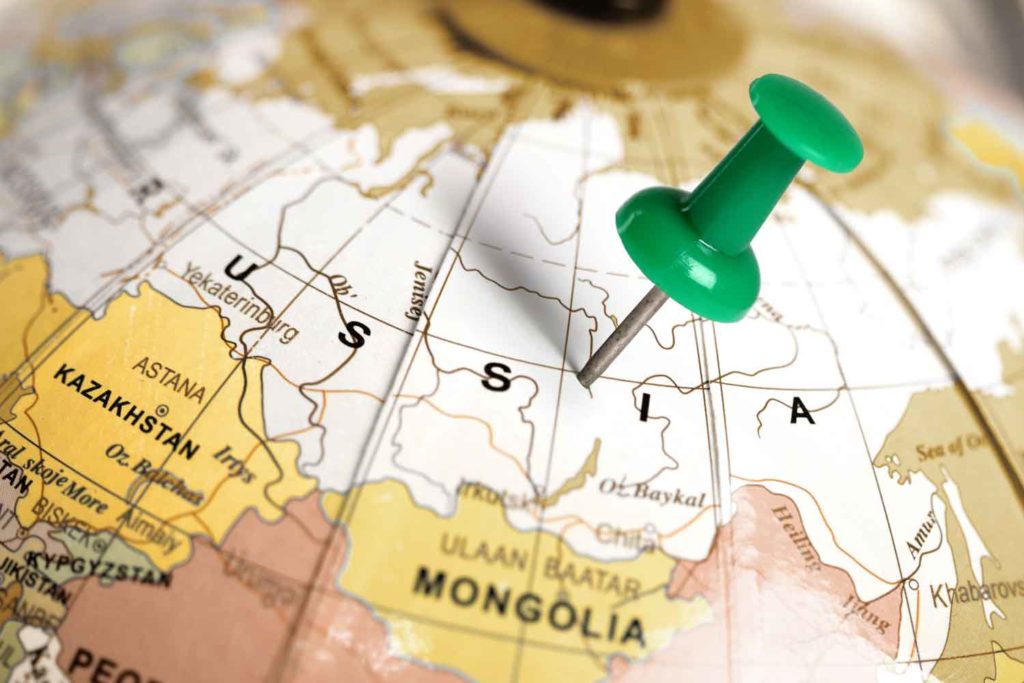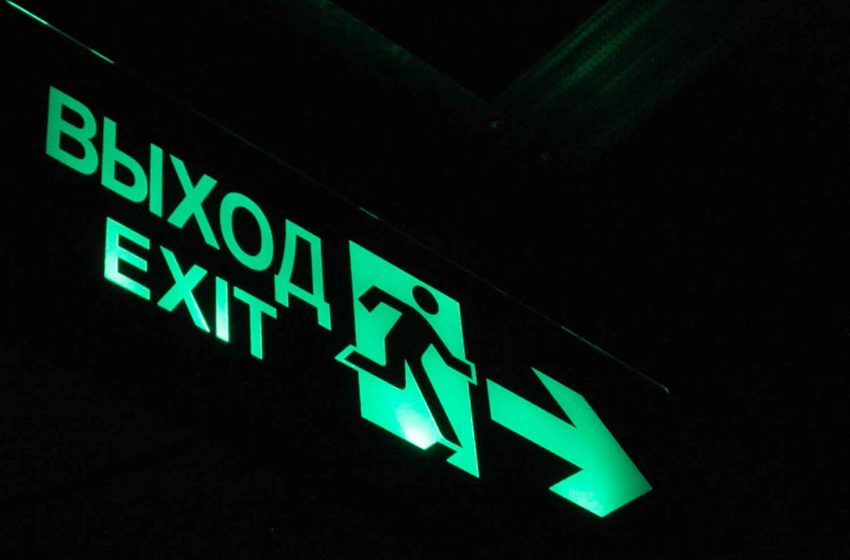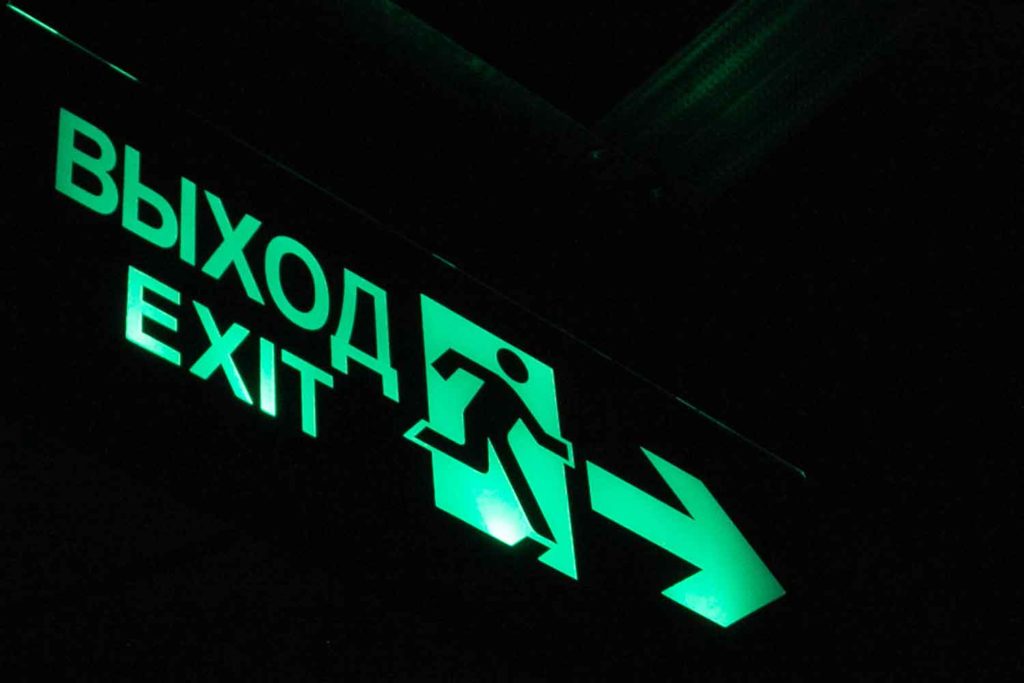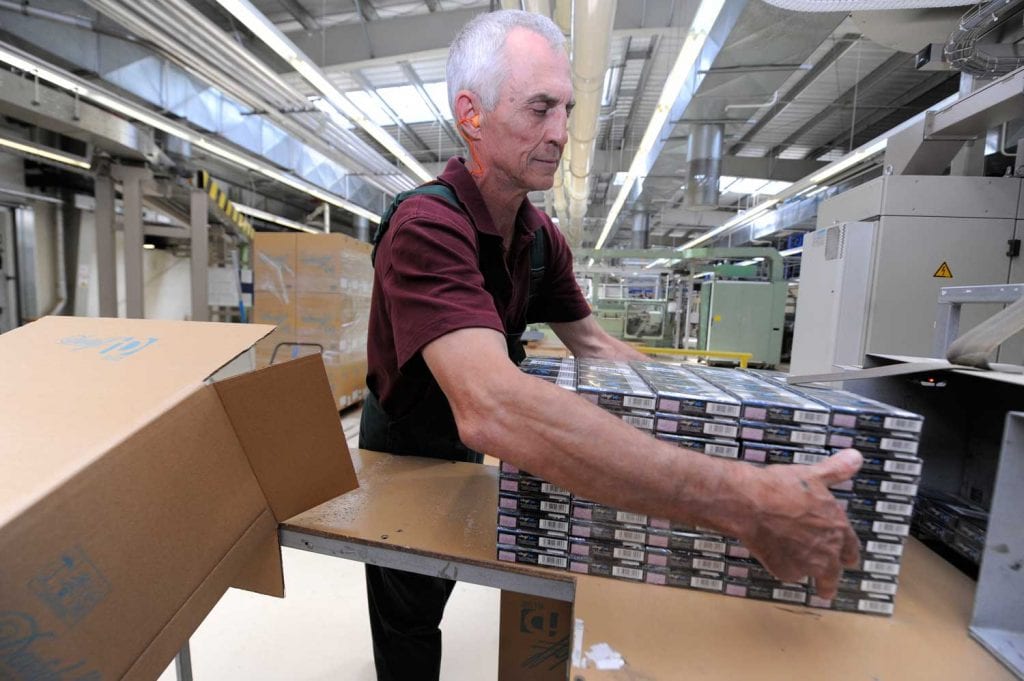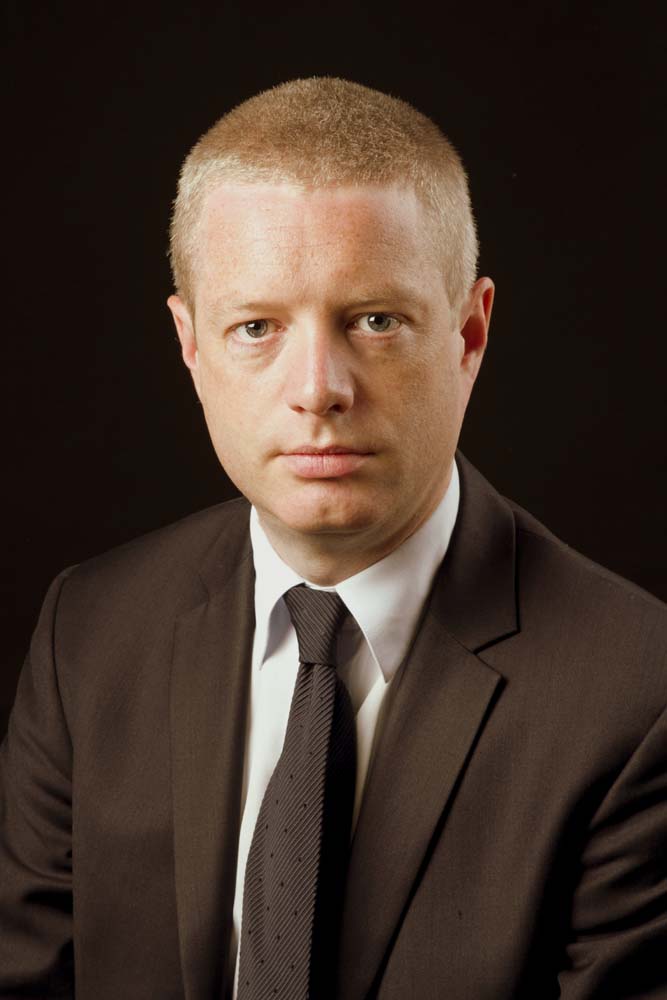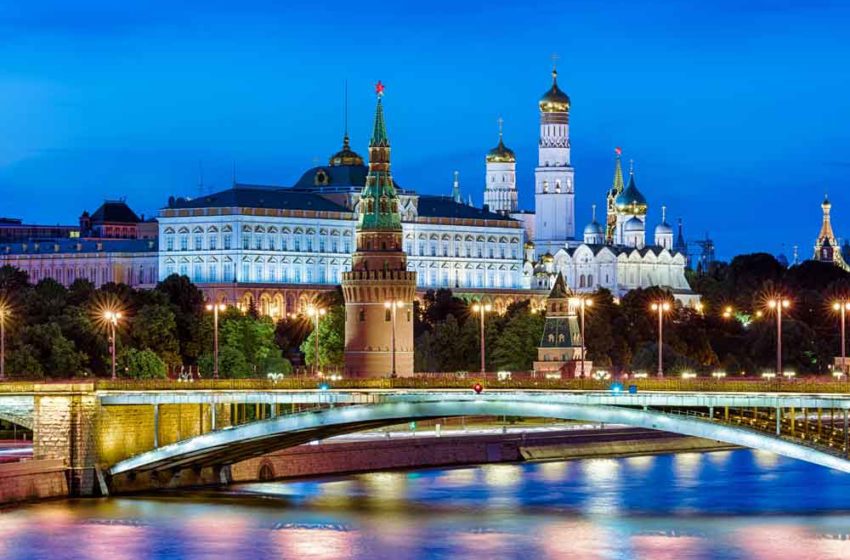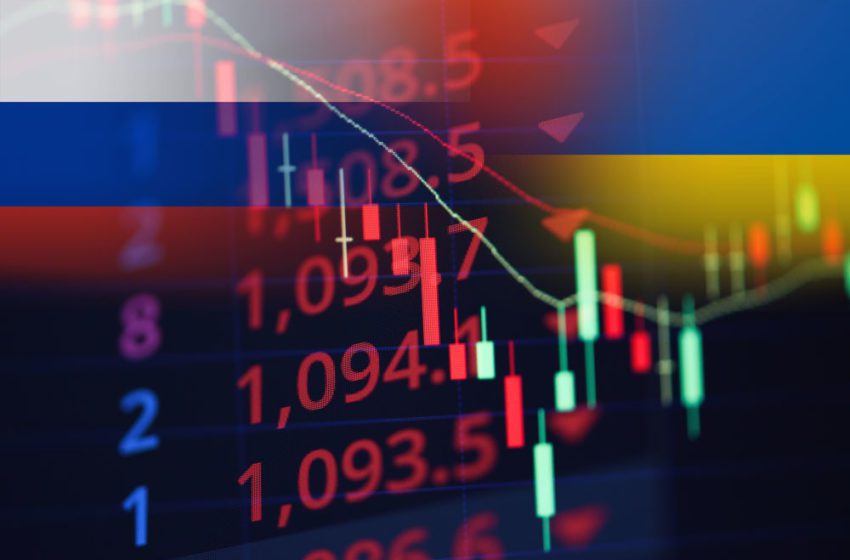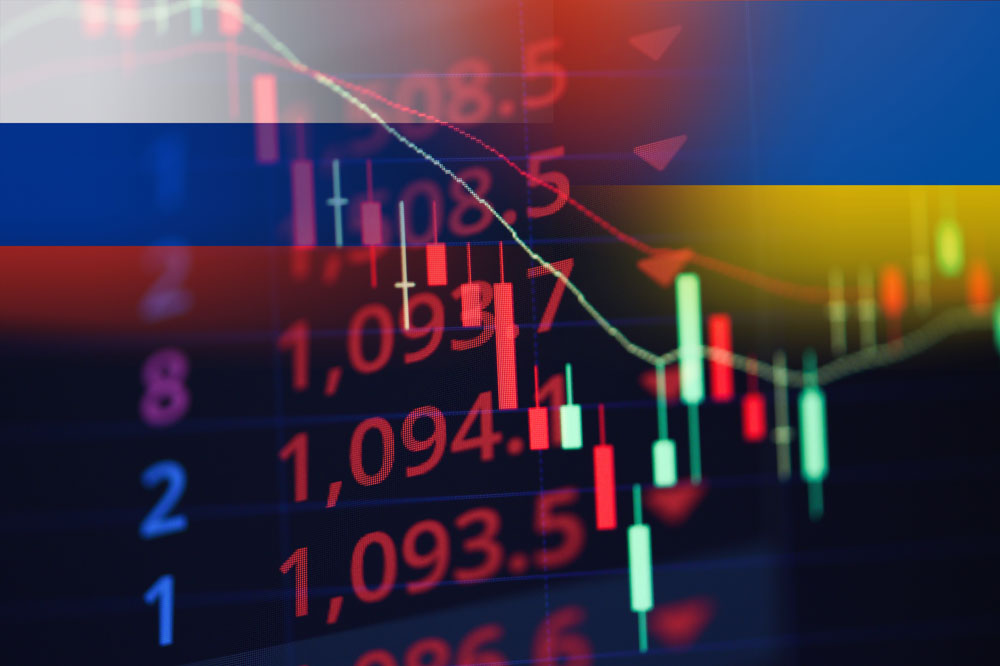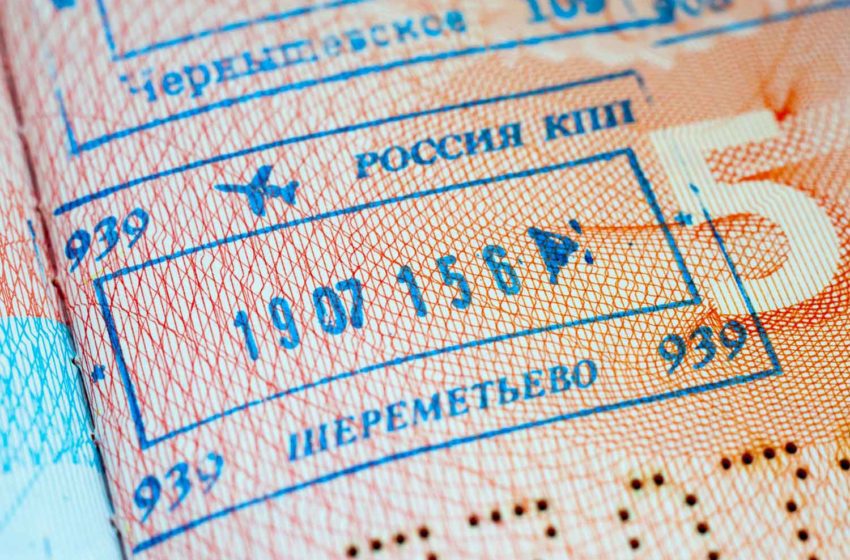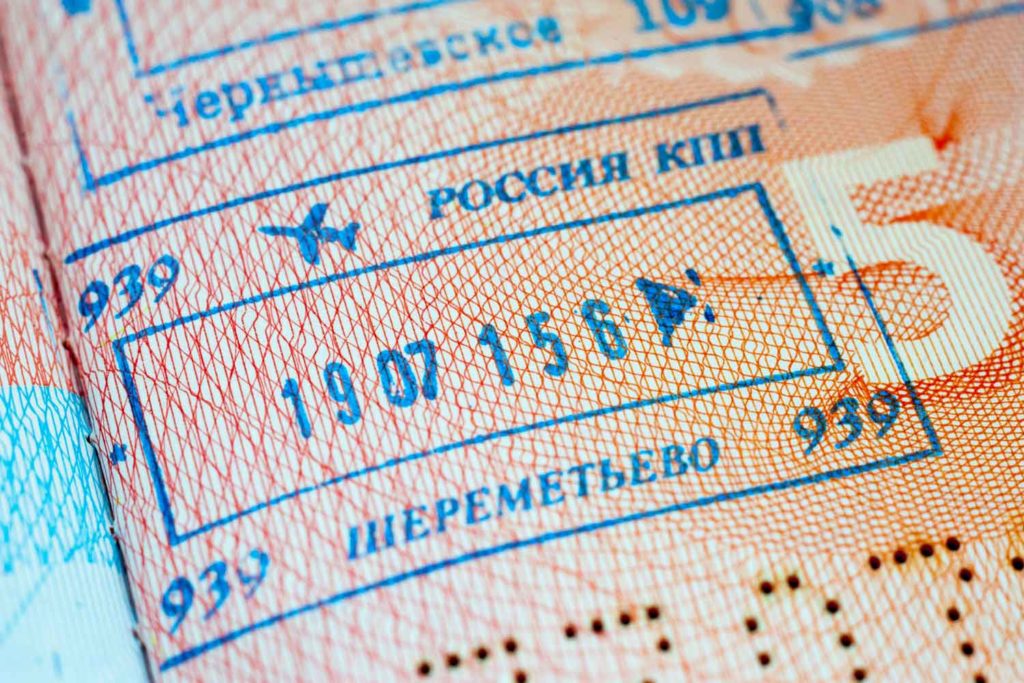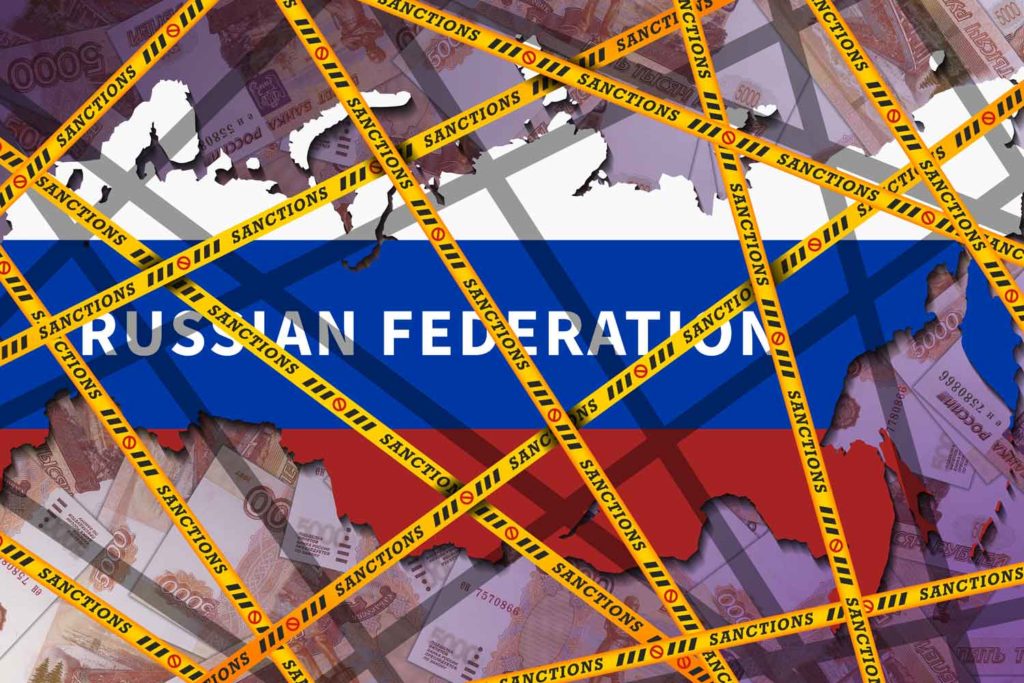
Metro published a profile of Russian tobacco mogul Igor Kesaev, who has been sanctioned by the EU and the U.K. for aiding Russia’s invasion of Ukraine.
Listed by Forbes as Russia’s 35th-richest person last year, Kesaev’s holdings have included a major stake in the V.A. Degtyarev factory, which makes machine guns, anti-tank and anti-aircraft weapons, some of which have been used in Ukraine, according to sources.
Until recently, Kesaev was also the board chairman of Russia’s leading tobacco distributor, TC Megapolis. Kesaev resigned from the board on April 11, 2022, according to a Russian-language press release, which stressed that Megapolis was not subject to EU sanctions and Kesaev did not influence the company’s business.
Kesaev’s involvement in tobacco dates to the early 1990s. As the Soviet Union broke up into its constituent republics, he started an importing business that worked with international tobacco companies eager to get their products into the Russian market, according to a 2014 profile of the magnate published on Forbes’ Russian website.
Russia was—and continues to be—an attractive market for international tobacco companies, with its large population of around 145 million people and one of the highest smoking rates in the world. More than 40 percent of men there light up, according to the World Health Organization.
According to the Forbes profile, Kesaev graduated from Russia’s prestigious Moscow State Institute of International Relations. In the 1990s, he lived in Switzerland, where he developed personal connections with executives at Philip Morris International’s regional headquarters in Lausanne.
Over time, Kesaev built the largest tobacco distributor in Russia through acquisitions of regional competitors, according to Forbes’ Russian website. Today, Megapolis delivers to 160,000 retailers across the country, according to the firm’s website. In 2013, PMI and Japan Tobacco International both purchased 20 percent stakes in Megapolis’ holding company for $750 million each.
Kesaev has also been involved with the tobacco business in Ukraine. Following the toppling of Ukraine’s pro-Russian president, Viktor Yanukovych, in 2014 and Russia’s subsequent annexation of Crimea, Ukrainian officials began scrutinizing the role of Russian companies in various sectors of its economy.
At the time, Trading Company Megapolis-Ukraine controlled 99 percent of Ukraine’s tobacco distribution market, according to research from the Anti-Monopoly Committee of Ukraine.
Kyiv sanctioned Kesaev in 2016 for unspecified actions that it said threatened Ukraine’s national security. A top Ukrainian prosecutor later accused Kesaev of supporting “terrorist organizations” by supplying arms to Russian-backed separatist groups that have been fighting for nearly a decade to carve out two independent states—Donetsk and Luhansk—in eastern Ukraine.

